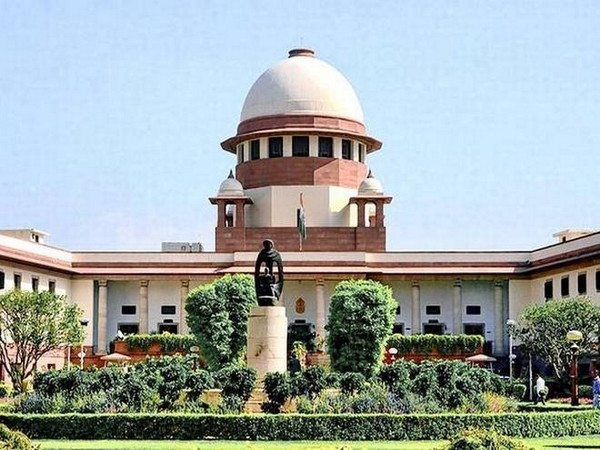
The Supreme Court in the case State of Punjab vs Jasbir Singh observed that it is not necessary to give an opportunity of hearing to a would- be accused before a complaint is made under Section 195, Section 340 CrPC.
In the present case, the three Judges Bench comprising Justices Sanjay Kishan Kaul, Abhay S. Oka and Vikram Nath observed while answering the reference made to it by a two judges bench. However, the issue referred were i) Whether Section 340 of the Code of Criminal Procedure, 1973 mandates a preliminary inquiry and an opportunity of hearing to the would-be accused before a complaint being made under Section 195 of the CrPC by a Court? (ii) what is the ambit and scope of such preliminary inquiry?
This came after the bench noticed conflict between the view taken by two three judges bench decisions. In the case Pritish vs. State of Maharashtra & Ors wherein it was held that the Court is not obliged to make a preliminary inquiry on a complaint but if the Court decides to do so, it should make a final set of the facts which is expedient and is in the interest of justice that offence should be further probed into. Thus, in the case Sharad Pawar vs. Jagmohan Dalmiya (2010) 15 SCC 290, wherein the court observed that it is necessary to conduct a preliminary inquiry as contemplated under Section 340 of Cr.P.C. and “also to afford an opportunity to the defendants of getting heard”.
An Order Is in A Given Factual Scenario; Judgement Lays Down Principles Of Law.
The bench noted that what is being reported in Sharad Pawar’s case (supra) is only an order and not a judgment.
While answering the reference, the court stated that an order is in the given factual scenario. The principle of law is laid down in judgement. However, this scenario is that any order or judgment passed by this Court becomes a reportable exercise to create more volumes of reported cases! Thus, this has a possibility at times of causing some confusion on the legal principles prevalent. Further, the observations in the quoted paragraph extracted aforesaid apparently came out of the flow of the order rather than pronouncing any principles of law and that is why the Bench itself categorized what is observed as an order i.e, in a given factual scenario.
In a scenario of this nature, no question of opportunity of hearing.
The court while referring to the judgement of the Constitution Bench in the case Iqbal Singh Marwah vs. Meenakshi Marwah, the bench answered the reference as follows:
This court have a little doubt that there is no question of opportunity of hearing in a scenario of this nature and we say nothing else but that a law as enunciated by the Constitution Bench in Iqbal Singh Marwah’s case (supra) is in line with what was being observed in Pritish’case (supra). However, both the judgments in Pritish’s case and the Constitution Bench judgment in Iqbal Singh Marwah’s case (supra) have not been noted in order passed in Sharad Pawar’s Case (supra). Thus, the answer to the first question raised would be in the negative. As far as the second question is concerned, the ambit and scope of such a preliminary inquiry, also stands resolved in terms of the Constitution Bench judgment in the Iqbal Singh Marwah’s case (supra) as referred to aforesaid of this Court.